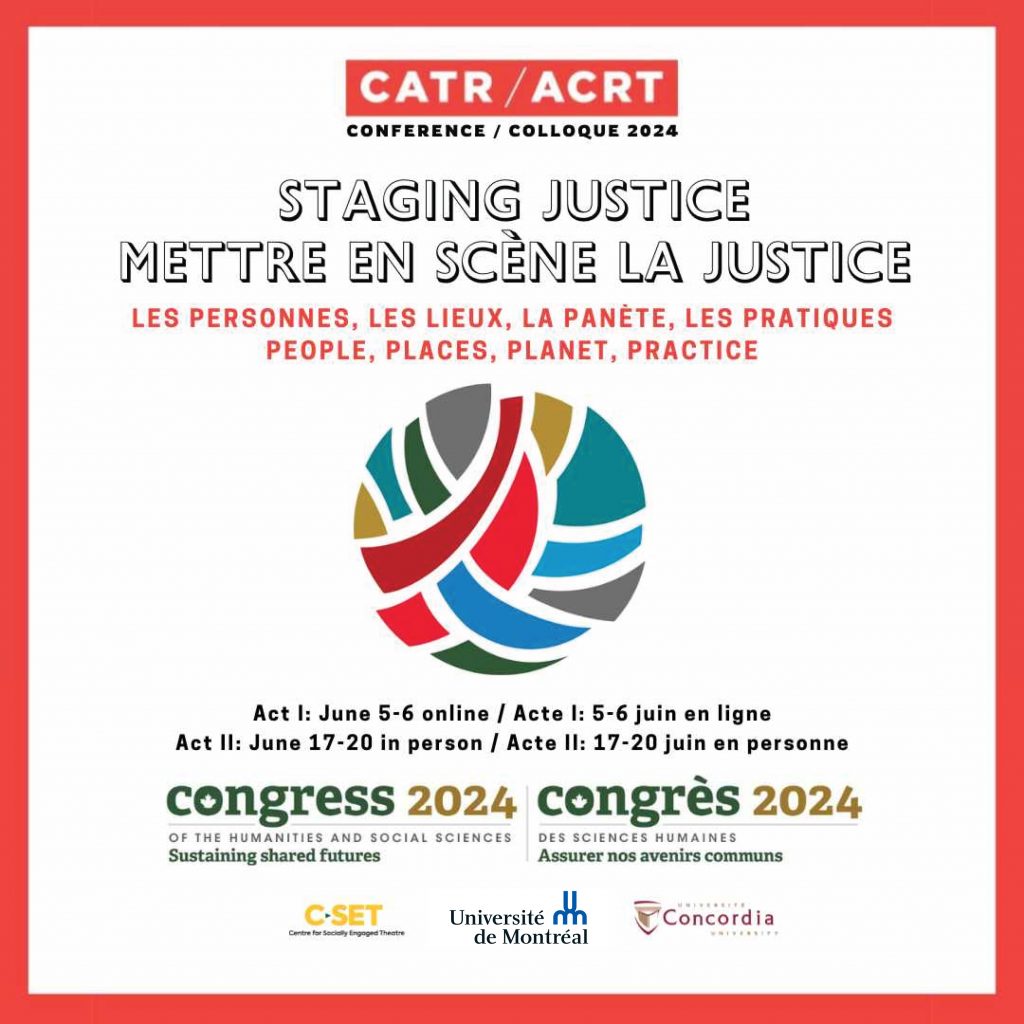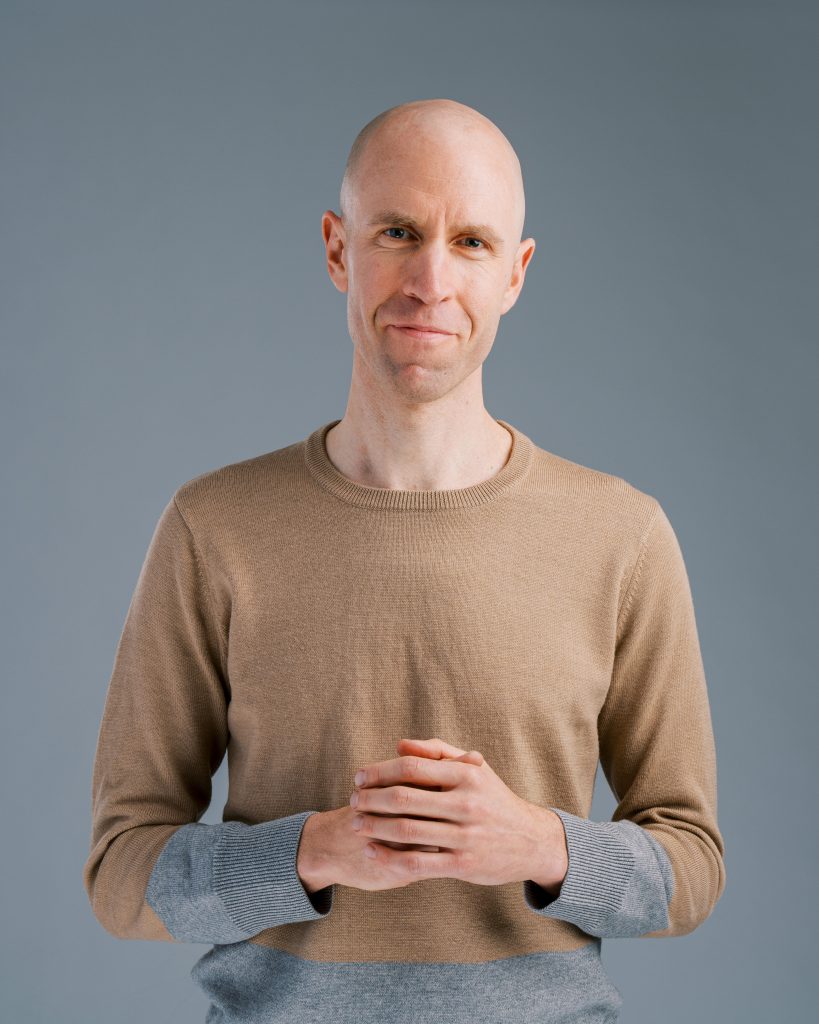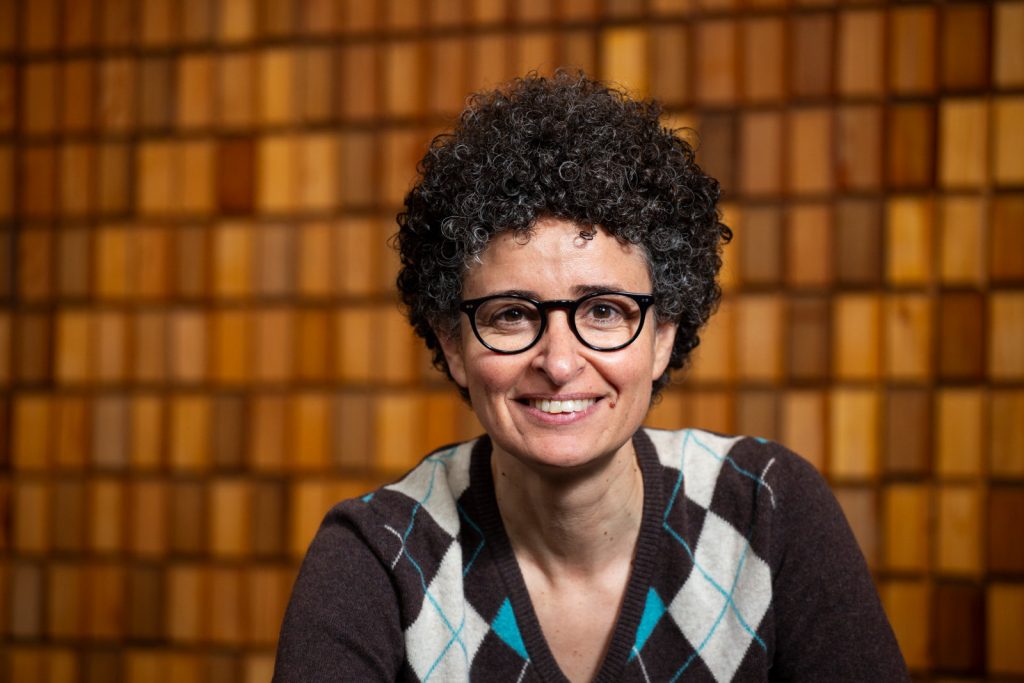
Staging Justice
Online, June 5-6 &
In-Person (Université de Montréal and Concordia University), June 17-20
« Mettre en Scène la Justice »
En Ligne, 5-6 Juin &
En Personne (Université de Montréal et Université Concordia), 17-20 Juin
Daily Updates:
June 17 – CANCELLED – Applied Theatre and Performance I at 2:30pm
June 18 – CANCELLED – Social Provocations and Dramaturgies at 2:30pm
June 18 – CANCELLED – Black Theatre and Performance at 4:15pm
Click here to read a welcome note from CATR President Robin Whittaker.
Click here to read a welcome note from Conference Co-Chairs Taiwo Afolabi and Fraser M. Stevens
Moderators & Accessibility
How to make your Conference Presentation More Accessible
How to Share Your Online Access Paper
See the list of sessions with ASL Interpretation and information about how to share access papers by clicking here
For a visual guide to navigating the in-person conference, please check out this document
To follow French-English translation during plenary events, please visit:
Conference Registration
A reminder that all attendees of CATR 2024 (online and in-person) must be members of CATR and must have registered for the conference before attending! Please join/renew your membership with CATR and register for the conference as soon as possible. This will ensure that everything is well set up for you in advance of the conference.
Social Media
Stay connected with us on social media! We’d love to have you join the conversation on CATR’s Twitter and Facebook.
Keynote Talk, June 5
Joel Bernbaum

Towards a Place of Systematic Humanization
Joel’s presentation will explore the potential of verbatim theatre to be used as a community development tool. It examines how social capital might be re-envisioned as a network of place-based relations, with the view of community as process; one which must be constantly and consistently repeated and maintained. The central argument is: verbatim theatre can be used as a way to create a non-literal place for ‘communing’ where humanization can occur. The conceptual framework is inspired by Indigenous knowledge, and critical discussion of the creation of place including race, dehumanization, and humanization. Indigenous knowledge offers non-colonial ways of conceptualizing how we understand, measure, and value spaces, places, and the interconnected relationship between all things. Social capital can be seen as sociality, or networks of relations between people and spaces that become places when they are endowed with meaning. This meaning is produced through relationships between people, which can only happen in place. Theatre arts have the potential to create places where ‘systematic humanizing’ can occur.
Vers un espace d’humanisation systématique
La présentation de Joel explorera la capacité du théâtre verbatim à contribuer au développement communautaire. Elle examinera comment le capital social pourrait être redéfini comme un réseau de relations basées sur un espace, dans lequel la communauté est un processus qui doit être répété et maintenu de manière constante et cohérente. L’argument central stipule que le théâtre verbatim peut être une façon de créer un espace non littéral de « communion » où l’humanisation peut se produire. Le cadre conceptuel est inspiré du savoir autochtone et du discours critique sur la création d’espace incluant la race, la déshumanisation et l’humanisation. Le savoir autochtone fournit des façons non coloniales de conceptualiser notre compréhension et notre évaluation des espaces, des lieux et de l’interconnexion entre toutes les choses. Le capital social peut être vu en termes de sociabilité ou de réseaux de relations entre les gens et les espaces, qui deviennent des lieux lorsqu’ils sont dotés d’un sens. Ce dernier est produit grâce aux relations qu’entretiennent les personnes, qui ne se déroulent que dans un lieu. Les arts du théâtre ont le potentiel de créer des lieux où « l’humanisation systématique » peut se produire.
Biography
Joel Bernbaum is theatre artist and journalist. He is a graduate of the Canadian College of Performing Arts and Carleton University, where he did his Master’s Thesis on Verbatim Theatre’s Relationship to Journalism. Joel’s produced plays include Operation Big Rock, My Rabbi (with Kayvon Khoshkam), Home Is a Beautiful Word, Reasonable Doubt (with Yvette Nolan and Lancelot Knight) and Being Here: The Refugee Project (with Michael Shamata). Joel is the founding artistic director of Sum Theatre, for which he directed/co-directed thirteen plays seen by over 60,000 people. Joel is currently an interdisciplinary PhD student at the University of Saskatchewan, investigating the potential of verbatim theatre to be used as a community development tool. He lives in Saskatoon with his eight year old son, Judah.
Biographie
Joel Bernbaum est un artiste de théâtre et un journaliste. Il est diplômé du Canadian College of Performing Arts et de l’Université Carleton, où il a fait un mémoire de maîtrise sur la relation entre le théâtre verbatim et le journalisme. Parmi les pièces produites par Joel, mentionnons Operation Big Rock, My Rabbi (avec Kayvon Khoshkam), Home is a Beautiful Word, Reasonable Doubt (avec Yvette Nolan et Lancelot Knight) et Being Here : The Refugee Project (avec Michael Shamata). Joel est le fondateur et le directeur artistique du Sum Theatre, pour lequel il a réalisé ou coréalisé la mise en scène de treize pièces qui ont été vues par plus de 60 000 personnes. Joel fait actuellement un doctorat interdisciplinaire à l’Université de Saskatchewan, où il étudie le potentiel du théâtre verbatim en tant qu’outil de développement communautaire. Il vit à Saskatoon avec son fils de huit ans, Judah.
Sponsored by the Canada Research Chair in Socially Engaged Theatre and the Centre for Socially Engaged Theatre, C-SET
Keynote Talk, June 17
Dr. Yasmine Kandil

Relational Models of Staging Justice through Celebratory Theatre
This presentation is about research that addresses the immediate needs of under-represented communities, which calls for a shift in practice from one that focuses on hardships to a celebratory approach that recognizes the strengths of communities. When transferred to educational programs, these approaches morph to address white supremacy and systemic barriers to decolonizing curricula.
This presentation will showcase the processes and outcomes of two long-term projects: the Staging Equality project (developed and implemented at the University of Victoria) and the Celebratory Theatre model (a SSHRC-funded project developed in community-based work in Saint Catherines, and expanded to include not-for-profit organizations in Victoria and partners from Psychology, Curriculum & Instruction, and Educational Psychology & Leadership Studies at the University of Victoria). Both projects begin to plant seeds into imagining a relational model for teaching, learning (Lalonde 2023) and practice.
List of Works Cited:
Lalonde, Solange. “The Relational Model for Teaching and Learning: An Approach to
Curriculum Design.” Truth and Reconciliation through Education: Stories of Decolonizing Practices. Yvonne Poitras Pratt & Sulyn Bodnaresko, Eds. Brush Education Inc., 2023, pp.43-52.
Modèles relationnels de mise en scène de la justice par le théâtre commémoratif
Nous présenterons des travaux de recherche qui portent sur les besoins immédiats des communautés sous-représentées et qui invitent à transformer la pratique mettant l’accent sur les épreuves en une pratique commémorative reconnaissant les forces des communautés. Lorsque ces approches, qui s’attaquent à la suprématie blanche et aux barrières systémiques, sont utilisées dans des programmes d’études, elles permettent de décoloniser ces derniers.
Cette présentation expliquera les processus et les résultats de deux projets de longue durée : le projet Staging Equality (développé et mis en œuvre à l’Université de Victoria) et le projet de modèle de théâtre commémoratif, subventionné par le CRSH et réalisé en partenariat avec la communauté à Saint Catherines, puis élargi pour inclure des organisations sans but lucratif de Victoria et des partenaires en psychologie, en programmes et instruction et en psychologie éducative et études du leadership à l’Université de Victoria. Les résultats préliminaires des deux projets permettent d’envisager la création d’un modèle relationnel d’enseignement, d’apprentissage (Lalonde 2023) et de pratique.
Liste des ouvrages cités :
Lalonde, Solange. “The Relational Model for Teaching and Learning: An Approach to Curriculum Design.” Truth and Reconciliation through Education: Stories of Decolonizing Practices. Yvonne Poitras Pratt & Sulyn Bodnaresko, Eds. Brush Education Inc., 2023, pp.43-52.
Biography
Yasmine is Associate Professor of Applied Theatre at the University of Victoria. She developed a model of practice, Celebratory Theatre, and is presently engaged in a SSHRC-funded project to empirically test its impact on racialized newcomer immigrants’ sense of belonging and social cohesion. Her other works include the Staging Equality project to decolonize theatre programs in higher education and scenario-training for de-escalating police responses to people in mental health crisis. Her most recent scholarship is a RiDE Special themed issue on Race, Empathy and Representation (with Tim Prentki as co-editor), and the third edition of the award-winning text Applied Theatre: International Case Studies and Challenges for Practice (with co-editors Monica Prendergast & Juliana Saxton).
Biographie
Yasmine est professeure agrégée de théâtre appliqué à l’Université de Victoria. Elle a développé un modèle de pratique, le théâtre commémoratif, et poursuit actuellement un projet financé par le CRSH pour tester empiriquement l’impact de ce modèle sur le sentiment d’appartenance et la cohésion sociale des nouveaux arrivants racialisés. Parmi ses autres travaux, mentionnons le projet Staging Equality visant à décoloniser les programmes de théâtre dans l’enseignement supérieur et la formation en scénarisation, dans le but de désamorcer les réactions de la police lorsqu’elle doit intervenir auprès de personnes ayant des problèmes de santé mentale vivant une situation de crise. Elle a aussi codirigé un numéro spécial thématique de RiDE sur la race, l’empathie et la représentation avec Tim Prentki et la troisième édition du livre primé Applied Theatre : International Case Studies and Challenges for Practice avec Monica Prendergast et Juliana Saxton.
Land Acknowledgement
We are honoured to gather in the traditional territory of the Kanien’kehà:ka, a meeting place among many First Nations, including the Kanien’kehá:ka of the Haudenosaunee Confederacy, Huron/Wendat, Abenaki, and Anishinaabeg
